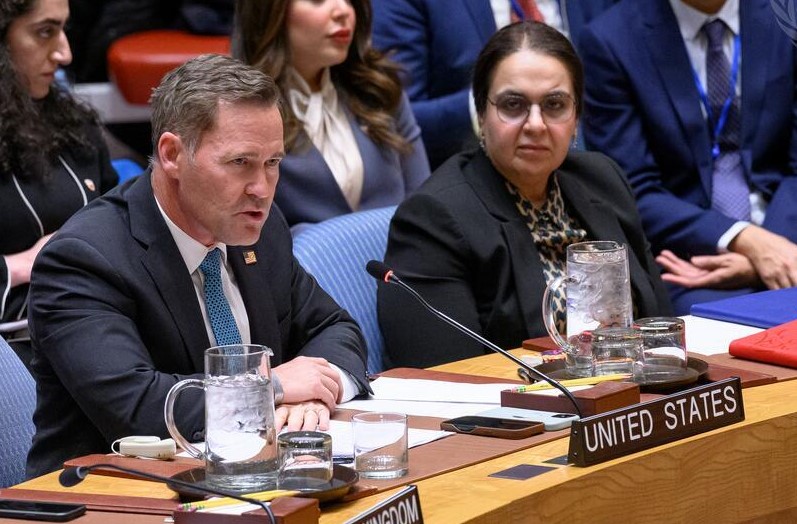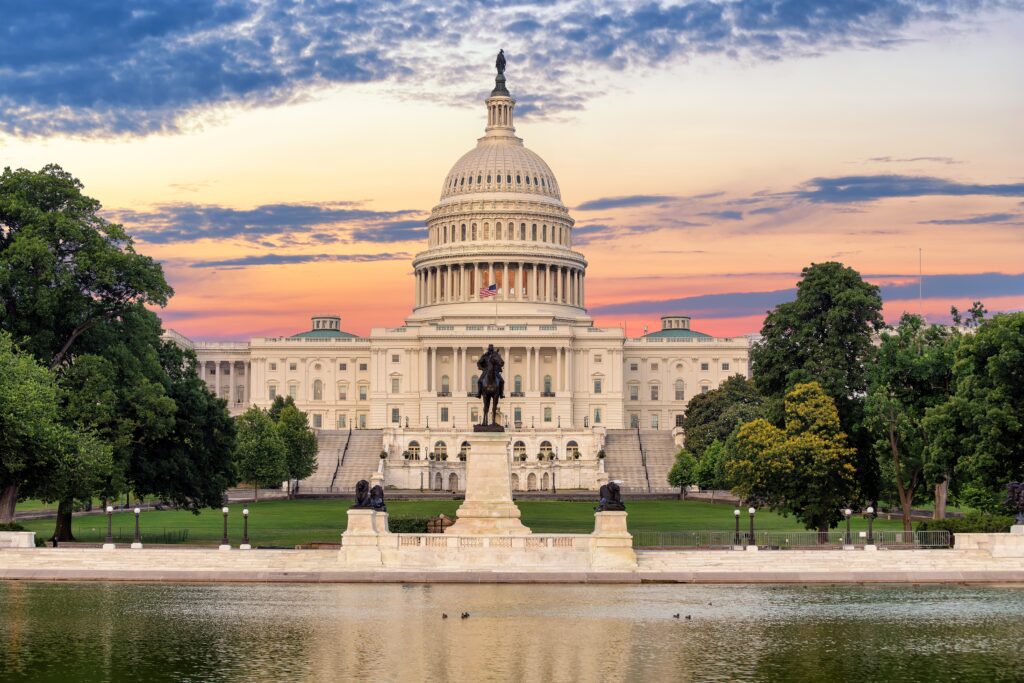Calls for the U.S. to withdraw from the United Nations and “evict” it from New York are not new. But they are as baseless and misguided as ever, particularly at a moment of rising global instability.
Walking away from the UN would not make Americans safer, nor would it stop Iran’s nuclear ambitions or China’s growing influence. In fact, it would do just the opposite: cede ground to our adversaries, squander hard-won diplomatic tools and leave the U.S. isolated at a time when global cooperation is essential to our security.
Walking away from the UN would not make Americans safer, nor would it stop Iran’s nuclear ambitions or China’s growing influence.
Let’s start with Iran. The claim that the UN shields Tehran from accountability ignores reality. It was the UN Security Council – backed by U.S. leadership – that imposed nuclear program sanctions on Iran, resulting in “the heaviest economic onslaught on a nation in history.” Those sanctions did not come from thin air. They came through regular reporting by the UN’s International Atomic Energy Agency (IAEA) and sustained diplomacy at the UN, where U.S. power carries decisive weight. And the fact is: no amount of bombing will replace the need for facts on the ground through inspections and monitoring that the IAEA is uniquely positioned to provide.
The UN isn’t perfect. No one claims it is. Yes, the Human Rights Council has fixated disproportionately on Israel. Yes, powerful countries try to bend UN bodies to serve their agendas. But abandoning the field doesn’t stop that; it makes it easier for our rivals to dominate the conversation. When the U.S. walks away, China and Russia welcome our withdrawal and fill the vacuum. We’ve seen that in entities from the World Health Organization (WHO) to the Human Rights Council, where U.S. disengagement only strengthened authoritarian influence and directly undermined our interests.
And let’s be clear: the UN does far more than pass resolutions.
The UN has long helped contain diseases before they reach our shores. Plus, over the past several years, the UN Office on Drugs and Crime (UNODC) has been active in reducing the flow of drugs, especially powerful synthetics like fentanyl, from coming into this country. Last year, their efforts – along with those of WHO – contributed to the largest decrease in drug overdose deaths ever recorded in the U.S.
Over the past several years, the UN Office on Drugs and Crime has been active in reducing the flow of drugs like fentanyl from coming into this country. Last year, their efforts contributed to the largest decrease in drug overdose deaths ever recorded in the U.S.
UN peacekeepers stop conflict, save civilian lives and stabilize fragile regions that, left to collapse, could send waves of refugees and extremists outward – including toward the U.S.
The UN also feeds tens of millions of people on the brink of starvation.
And as for the headquarters in New York? Let’s not forget that hosting the headquarters provides an economic boost equivalent to hosting “seven Super Bowls every year.” Housing the UN also gives the U.S. a front-row seat and enormous leverage in global diplomacy. It lets us shape the rules of the road on everything from maritime security to nuclear nonproliferation.
Finally, U.S. assessed dues for the UN’s regular and peacekeeping budgets total about $2.1 billion, less than what U.S. businesses earn each year in contracts from the UN ($2.2 billion).
It’s true that we also make strategic voluntary investments in organizations like the World Food Programme and UNICEF that keep our economy moving and people safe. These agencies also provide billions in support to U.S. agricultural producers and drug manufacturers. But even when you add up all U.S. assessed and voluntary UN contributions, it still amounts to less than the annual budget of Rhode Island. That’s a bargain.
U.S. leadership at the UN is not charity. It’s a strategic investment in a world that works better for Americans – where rules, not brute force, have a chance to prevail.
If we want to counter Iran, push back on China and defend our allies, the answer is more engagement, not retreat.
U.S. leadership at the UN is not charity. It’s a strategic investment in a world that works better for Americans – where rules, not brute force, have a chance to prevail.





